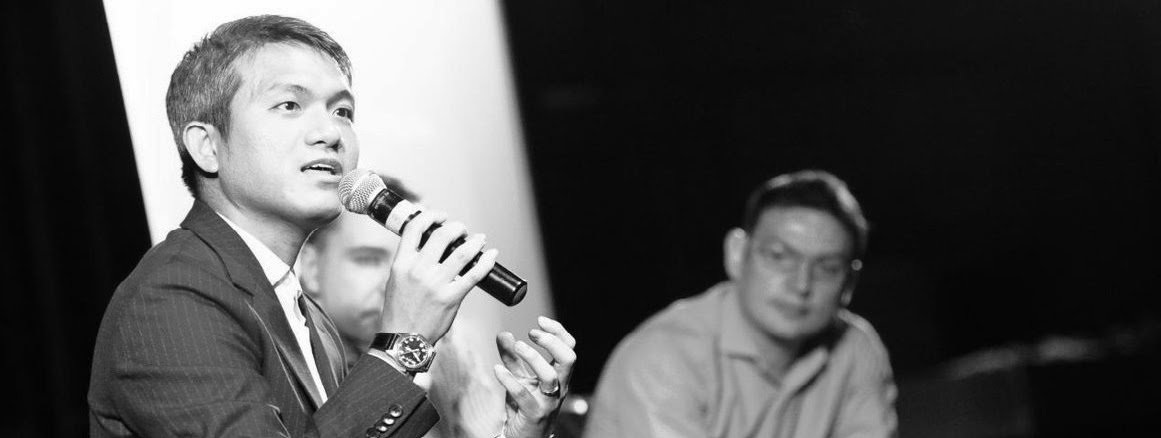My thoughts on the CCS ruling :
1) if laws are broken, then fines are needed to have the right signaling effect. Companies and people must know that we take our laws seriously and that we are committed to building an economy with competitive markets that keep innovating and improving products and services for our consumers.
2) anti competition laws are in place to ensure markets are competitive so that consumers benefit. This means new players can enter and compete fairly. It does not mean all big dominant entities must be regulated.
A sign of unfair markets will be exclusive tieups with customers or with key production supply fa actors. Another sign will be increasing sustained profits due to price increases and accompanied by a lack of innovation or improvement in offering. Another sign is the successful use of mandatory bundling to enter new markets.
3) under this lens, it is clear grab and uber have broken laws and so deserve to be fined. But it is less clear if they are anticompetitive yet. A few reasons for this statement. Using the 3 signals mentioned above:
a) exclusive tieup with drivers. Grab did try to do this and this is unfair as it will prevent new entrants signing up drivers and it is right for ccs to regulate this. So on this count, it seems grab was trying to be anti-competition.
b) raising prices. grab is not even profitable let alone consistently profitable. I would argue that the cheap prices offered previously is a loss marketing approach made possible by private venture capital. It is common for 2 sided network effect markets to make big losses and scale until reasonable share is achieved. Then the player changes pricing to make profits. This is the nature of many tech companies and it would be unfair to fixate on the discounts and old pricing.
In terms of innovation, I would argue grab is still innovative and constantly improving their product and adjacent products. It’s early days esp since they are not profitable to look for evidence of anti-competitiveness behavior.
So on this count, I would argue grab is far from anti competitive and is merely doing what is needed as a business. And they are still improving their product which benefits consumers.
c) as for mandatory bundling. Grab is trying to be a platform for many other markets. Epayment, food delivery etc. but all these areas have strong competitors. I would argue grab is nowhere near market dominance in these areas.
4) Finally, there is also the issue of definition of market. By defining the market as private car hire only, it excludes taxis and other forms of consumer transportation. I would argue grabs funding and vision is about the entire consumer transportation market and not just private car hire.
All in, my view is that ccs is right to enforce our laws, is right to control exclusive arrangements by grab but should not try to read too much in pricing yet until multiyear, growing profits start appearing with little product improvement. CCS should also keep an open mind to possibly consider taxis and other forms of transport as grabs competitors.

No comments:
Post a Comment